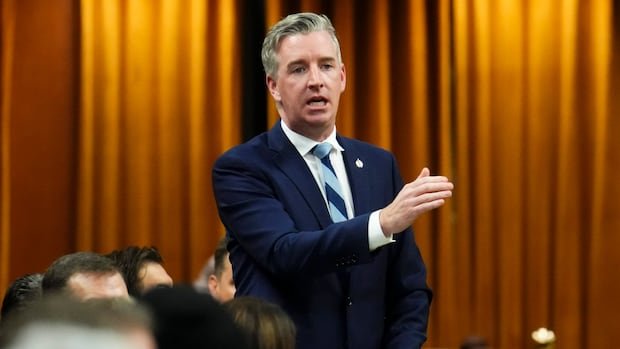The House of Commons ethics committee has approved a motion to examine the federal Conflict of Interest Act, focusing on restricting the use of blind trusts and tax havens, and expanding the law’s requirements to party leadership contenders. Conservative Member of Parliament Michael Barrett proposed the motion during the committee session held on Wednesday. The motion passed with a vote of five to four, with all Liberal MPs opposing it.
This decision came after a briefing from Conflict of Interest and Ethics Commissioner Konrad von Finckenstein, where Barrett and fellow Conservative MP Michael Cooper inquired about the transparency of Prime Minister Mark Carney’s blind trust. They raised concerns about the disclosure of Carney’s assets and the roles of his chief of staff and Clerk of the Privy Council in managing his conflict of interest obligations.
Von Finckenstein acknowledged the potential for adjustments to the legislation but defended its intention to strike a balance between transparency and accountability while ensuring that it does not deter capable individuals from pursuing public office.
Carney’s financial holdings have been a subject of scrutiny since his bid for leadership. Apart from his tenure as a central banker, Carney held positions in the private sector, including a board membership at Brookfield Asset Management. His ethics screening encompasses a broad range of companies, prohibiting his involvement in decisions that could benefit them. Carney transferred his assets to a blind trust shortly after winning the Liberal leadership but before assuming the role of prime minister.
During the recent committee meetings, members questioned von Finckenstein about the effectiveness and scope of the existing law. This is not the first instance of Conservatives raising concerns about the Act, which was established in 2006 under former Prime Minister Stephen Harper. In a previous proposal in March, Conservative leader Pierre Poilievre suggested amending the Act to mandate leadership aspirants to disclose their controlled assets within 60 days of candidacy. The party also proposed that future prime ministers and their cabinet members divest conflicting assets to prevent personal gains from political positions.
However, von Finckenstein cautioned against this amendment, labeling it a simplistic solution that could discourage individuals from engaging in public service.

